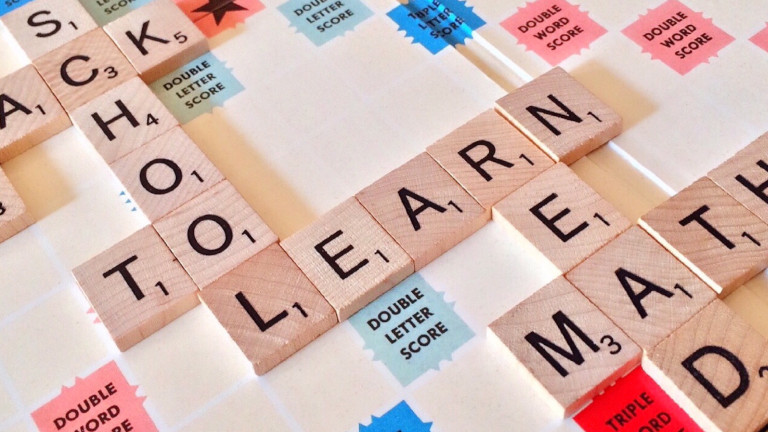On May, 25th 2021 the 6th meeting of the Moscow CHAT Reading Group “ReadingLive” took place. Invited experts Matthew E. Poehner , Associate Department Head of Curriculum & Instruction; Professor of Education (WLED & Applied Linguistics), The Pennsylvania State University (USA)., and James P. Lantolf George and Jane Greer Professor Emeritus in Language Acquisition and Applied Linguistics Director, Center for Advanced Language Proficiency Education and Research Xi’an Jiaotong University (P.R. China) and The Pennsylvania State University (USA) (Emeritus), delivered a presentation “The ZPD and Second Language Learning: A Method for Future-in-the-Making”.
The talk started with an overview of important contributions and approaches to Dynamic Assessment (DA) that have been pursued by second language (L2) researchers in their efforts to identify learner “ripening” abilities and align subsequent instruction to them in order to promote development (Poehner, 2018; Poehner & Wang, 2020). Turning to the problem raised by Valsiner and van der Veer (1993) concerning the Zone of proximal development (ZPD), the authors proposed that this work offers a potential solution to the methodological difficulty of empirically observing “the future in the present”. Specifically, they suggested that the quality of mediation required by learners during DA may be interpreted as indicative of how ‘near’ or ‘far’ learners are from independent performance, that is, from the language abilities in question shifting from the ZPD to ZAD. In this way, future independent performance is brought into the present during DA – a dialectical activity in which tension between learner’s actual abilities and the demands of the task are resolved through mediator-learner cooperation. The presenters showed how this approach to possibly observing the future-in-the-making can be further developed through increased attention to the forms of learner’s contribution and responsiveness during DA. They suggest that the concept of learner reciprocity, originating in the DA research of Lidz (1991) and Feuerstein (Feuerstein et al., 2003), offers a point of departure for capturing the various ways in which learners may engage with mediation and how this offers insights into emerging abilities. While preliminary studies of reciprocity in L2 DA have been undertaken (e.g., Ableeva, 2018; Poehner 2008), a framework to guide the integrated interpretation of mediator and learner moves has yet to be determined. According to M. Poehner and J. Lantolf such a framework offers a resolution to Valsiner and van der Veer’s methodological paradox.
The presentation was commented by Eduardo Negueruela-Azarola , ILCE Research and Academic Director, University of Navarra (Spain). The discussion touched upon a number of issues, viewed from Vygotskian perspective, including teaching through drama, ways of boosting creativity in the learning process, second language acquisition by bilingual children and children with hearing impairments etc.
The discussion was moderated by Olga Rubtsova, PhD, Head of the Center for Interdisciplinary Research on Contemporary Childhood.
Relevant materials: Poehner ME, Leontjev D. To correct or to cooperate: Mediational processes and L2 development. Language Teaching Research. 2020;24(3):295-316. doi:10.1177/1362168818783212
Video of the webinar is available on Youtube.
Moscow CHAT Reading Group “ReadingLive” in Web.
